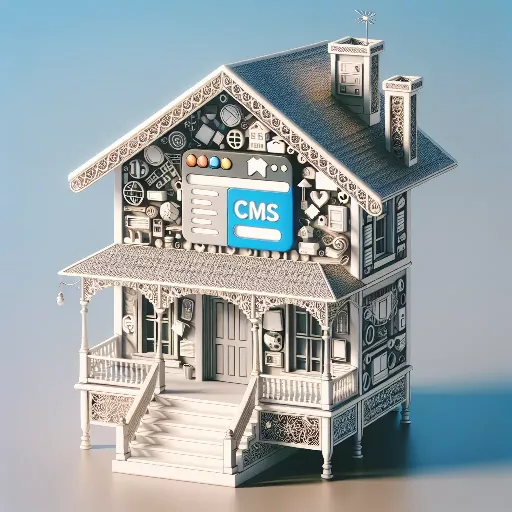
CMS stands for Content Management System, and it plays a crucial role in web development. CMS allows users to create, edit, and manage web content without the need for programming or technical skills. It provides a simple and user-friendly interface where anyone can create and edit pages, add photos, videos, texts, and other content.
One of the main goals of CMS is to simplify the process of website development and updates, allowing inexperienced individuals to create professional-looking websites. This is especially useful for small businesses and individuals who cannot afford to hire web developers or agencies.
There are numerous CMS available for all types of users. Some of the most popular and widely used CMS include WordPress, Joomla, and Drupal. These CMS have large user and developer communities that provide a vast amount of templates, plugins, and extensions for creating unique websites.
Webmasters can choose the CMS that suits their needs and requirements. Some CMS are tailored for blogs and small websites, while others are designed for large corporate websites or e-commerce stores. Many CMS have pre-installed themes and features that allow users to quickly create websites and easily customize them to their needs.
CMS also offers many options for optimizing websites for search engines (SEO). It provides a convenient interface for adding meta tags, managing URLs, image processing, and other SEO options. This allows users to improve the visibility of their websites in search engines and attract more visitors.
Content management systems also provide website security. They offer regular updates and patches to close vulnerabilities and allow users to control access to different sections of the site and specific functions.
One of the main advantages of CMS is that it allows for fast website creation and updates. This is especially important for businesses that need to quickly respond to changing market conditions and requirements. Fast website development and updates also save time and resources for companies.
In addition, CMS allows for collaboration and working on a project with a team. It allows for task delegation among different users and defines various levels of access. This simplifies collaboration and increases the team's efficiency.
It should also be noted that CMS is an open house on the internet for every webmaster. This means that anyone, regardless of their experience and skills, can create their own website and share their information, products, or services with the world. CMS provides an opportunity to express oneself and create a unique space on the internet.
In conclusion, CMS provides accessible website development for everyone. It simplifies the process of content creation and management, allows for quick updates and optimization of websites, ensures security, and enables collaboration and teamwork. CMS is a tool that turns web development into a thing of the past, making it accessible to every webmaster.


